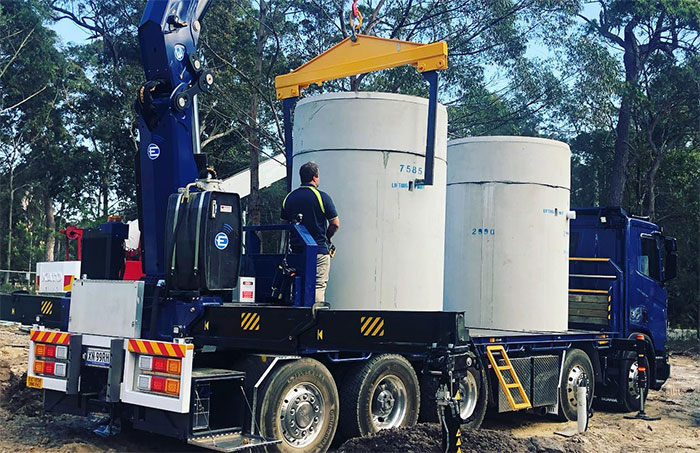Our top suggestions in utilising your rainwater tank
Having a rainwater tank installed in your home allows you to utilise harvested rainwater in your home and garden. To ensure you take full advantage of this free water supply, there are a number of things for you to consider, helping you make sure you are getting the most from your water system.
Make sure you are utilising the water in your rainwater tank in as many ways as you can. It makes sense to use this free water supply for these functions rather than paying for town water! Here are our top suggestions:
- Watering your garden and lawn – water from your rainwater tank is better for your garden and lawn because it is chemically untreated and completely natural. During warm weather, it is best to water your garden and lawn in the morning or evening.
- Washing your car – rainwater is softer than mains water so you need less detergents when washing your car.
- Filling your swimming pool, spas, ornamental ponds or water features.
- Connect your tank to your toilets and laundry, so tank water is used to flush toilets and wash your clothes, rather than mains water.
Your rainwater tank will generally require little maintenance; however there are a few things you can do to help gain the best benefit from your rainwater system:
- Regularly clear gutters and roof catchment – keeping them free of debris such as leaves , twigs and vermin
- Remove tree branches overhanging on your roof
- Check any protective mesh regularly and replace them if damaged – to prevent algae from forming and mosquitoes breeding
- Ensure that overflows from air conditioners or hot water systems don’t discharge into the overflow area of your rainwater tank
- Tanks should be examined for accumulation of sludge at least every 2-3 years
By ensuring your rainwater tank is properly maintained, you will be able to utilise this free natural resource around your home. By doing this, you are not only saving money but you are also helping to preserve the environment.
Read More:
Tips to help you determine what size rainwater tank you need





